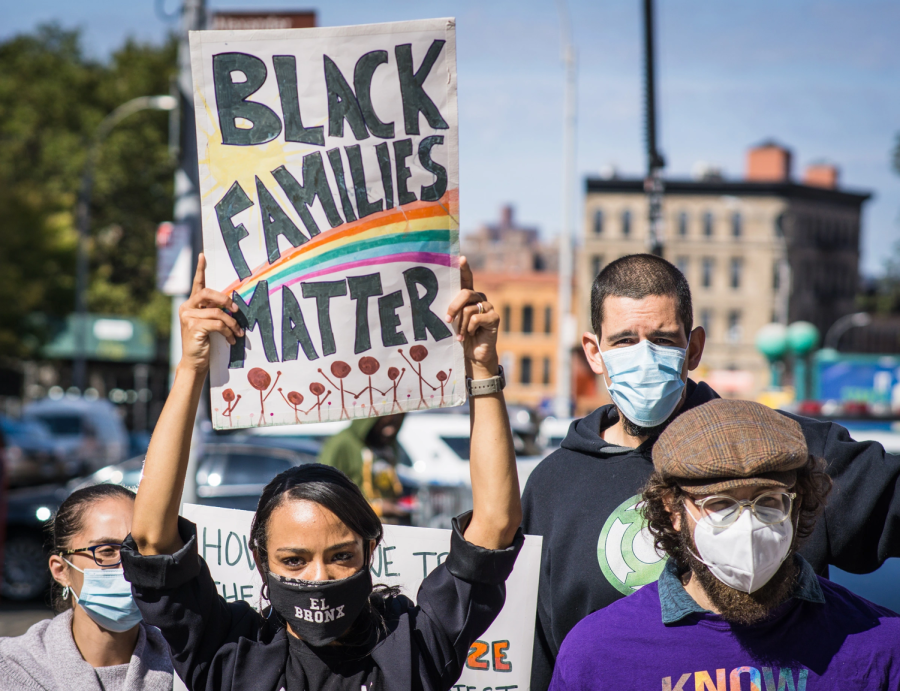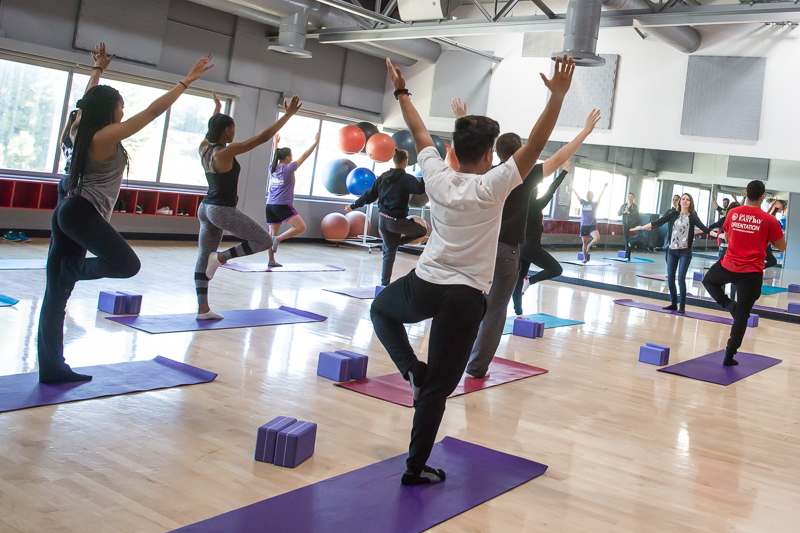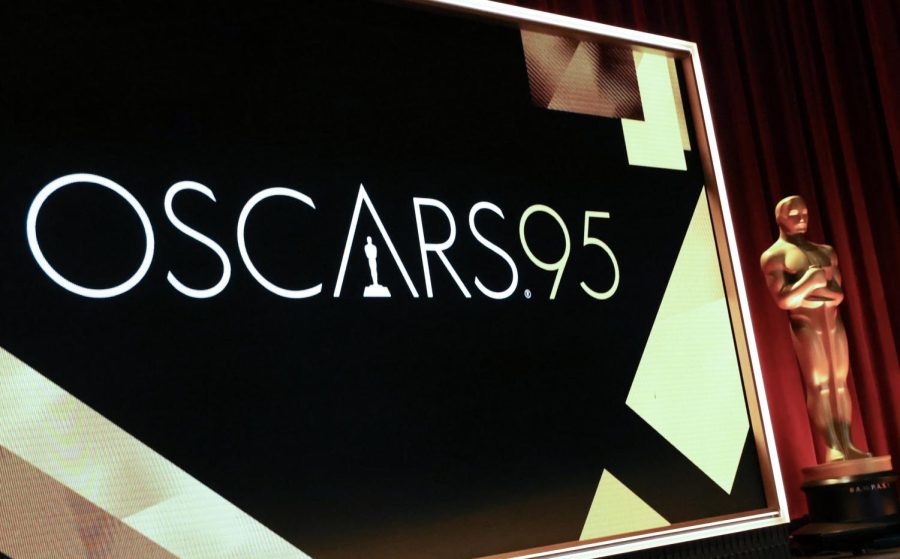No other generation has been as connected to the rest of the world through technology as the Millennial generation, but high levels of connectivity can have negative consequences.
According to the Pew Research Center (PRC), since 1995 the percentage of Americans who use the Internet or email rose from 14 percent to 77 percent in 2010 and grew to 96 percent among Millennials — which includes Americans born after 1980 — who are currently in college.
While a large portion of that percentage is driven by the fact that most current college curricula require extensive use of the Internet, a lot of it is also driven by the way Millennials use modern technology.
According to the same PRC report, 86 percent of Millennials in college created profiles on social networks with 30 percent accessing their accounts multiple times a day.
It is fairly obvious to anyone attending college how pervasive social media has become in our daily lives. For example, if you meet someone, rather than exchanging numbers you might tell them to just find you on Facebook.
This level of connectivity obviously has a huge number of benefits.
It is easier to stay in contact with people, we learn to access and disseminate information on a much more rapid scale, knowledge becomes much easier to share and this all contributes to an amorphous online commentary that empowers its users.
The online commentary sustains occupy movements, shares videos such as “Kony 2012,” gives voice to oppressed peoples as in the Arab Spring and of course allows for the spread of sometimes meaningless or potentially insightful Internet “memes.”
According to an amendment of Facebook’s initial public offering file with the Securities and Exchange Commission at the end of last month, “On average, users in the aggregate spent more than 10.5 billion minutes per day on Facebook on personal computers during January 2012.”
It’s not just Internet usage either that defines our reliance on modern technology to keep us connected. According to the PRC, 83 percent of Millennials have slept with their cell phone right next to their bed.
The reality is most of our generation is hyperconnected to the rest of the world. While the benefits are clear, it is sometimes difficult to see the potential pitfalls associated with the excessive use of technology.
Based on a PRC survey, technology experts were almost evenly divided on the ultimate impacts of technology upon our generation.
On one hand, experts felt the changes in learning behaviors would have a positive impact on cognition. However, nearly half also agreed with the survey statement, “[Millennials] do not retain information; they spend most of their energy sharing short social messages, being entertained, and being distracted away from deep engagement with people and knowledge. They lack deep-thinking capabilities; they lack face-to-face social skills; they depend in unhealthy ways on the Internet and mobile devices to function.”
Part of this dependence on social media actually arises from the body’s response to online stimuli.
In an interview with USA Today, Steve Daviss, a psychologist at the Baltimore Washington Medical Center, claims there is strong evidence that the feedback we get from technology results in a reward system of “squirts” of dopamine.
“For some people, that can turn into what looks a lot like addiction. Some people have a harder time regulating their behavior in response to this reward. The ones who really can’t turn it off in their brain are the ones who start to get in trouble,” said Daviss.
According to Mobiledia, “This can cause problems for people with low self-esteem and depression, who compare themselves to others more often as they look at friends’ profiles and posts. They wait for the rush of dopamine accompanying social networking interactions, then despair when the positive feelings abate and spend hours waiting for another fix.”
The problem is that many of us are guilty of these tendencies to compare ourselves to others online unwittingly or not. Even if you don’t have low self-esteem, when you meet somebody new or interesting one of the first reactions is to see what their life is like by perusing their photos and wallposts.
Our generation does have a different set of reactions to social situations and these can ultimately develop into poor cognitive ability if we are not careful.
Ultimately, we have to try to determine if we are using social media to increase our connectivity in positive ways or in negative ones.
Ask yourself questions about why you are looking at other people’s profiles or tweets and see what you come up with.
Millennials must be critically aware of how to use modern technology and avoid harmful patterns while using social media, otherwise they may become victims of their own hyperconnectivity.







